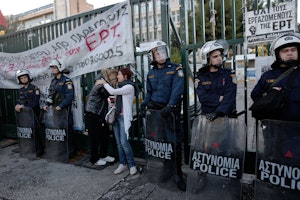The Mapping Digital Media project examines the global opportunities and risks created by the transition from traditional to digital media. Covering 60 countries, the project examines how these changes affect the core democratic service that any media system should provide: news about political, economic, and social affairs.
This paper assesses the impact of digital communications on the right to freedom of expression. It examines the internet and world wide web as a new platform for freedom of expression, one that encourages peer-to-peer collaboration as well as traditional one-to-many forms of communication.
The paper also considers the jurisdictional vacuum created by the web and internet and the techniques developed to deal with this vacuum, with a focus on intermediaries such as internet service providers.
Finally, it looks at new tools to promote freedom of expression, and new threats to it, including a kind of privatized censorship emerging on the internet. New forms of human rights activism need to be developed with a range of international bodies, defining normative standards on how free expression should be protected online. At the same time, dialogue and cooperation on these issues should be fostered with digital communication companies.
Download
-
Mapping Digital Media: Freedom of Expression Rights in the Digital Age (189.66 Kb pdf file)
Download the complete 19-page report.
Read more
Voices
What Does Independent Journalism Look Like in the Digital Age?

Journalists and media organizations can find themselves repressed because of inadequate or deliberately repressive policy. Mapping Digital Media examines the situation in 56 countries.
Voices
Does Digital Media Mean Better Media?
From Montenegro to Nicaragua to China to Egypt, has digital media improved access to good-quality journalism?
Voices
Early Days for Digital Media in Morocco
Digital media in Morocco continues to advance. With 105 percent mobile phone penetration in the country and a growing appetite for online news more change is on the way.
